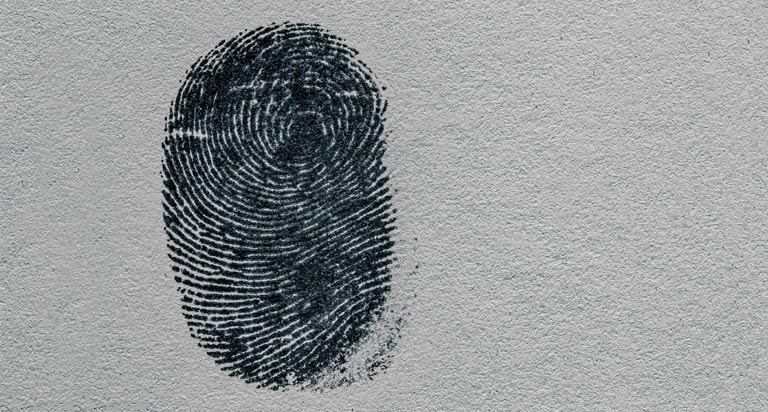What to Know About Unemployment Insurance Fraud


Highlights:
- Unemployment Insurance Fraud is difficult for individuals to prevent, but the key is to be alert to the possibility and report it when it happens.
- If someone uses your information to file an unemployment claim you may receive a notification from the benefits agency or even the IRS.
- If you file for unemployment insurance benefits and are notified there already is a claim, alert both your immediate past employer and the unemployment office as this could be an indication of unemployment fraud.
- If you've been a victim of unemployment insurance fraud be sure to report it to the FTC and pay close attention to your credit information. You may even want to add a security freeze to your credit report.
Unemployment filings can be more vulnerable to identity theft and other types of fraud. Almost anyone can fall victim to unemployment insurance fraud, and unfortunately, there is no surefire way to prevent identity theft of any kind. However, you can help better protect yourself by recognizing the signs of unemployment fraud and knowing what to do and how to report fraudulent unemployment if you think you may have been a victim. By acting quickly, you can help stop the improper payment of unemployment benefits.
What is unemployment insurance fraud and how do I spot it?
Unemployment insurance fraud happens when an individual files for unemployment benefits using someone else's name and other personal information. These types of unemployment frauds affect you by diverting funds, but also can affect your taxes and credit. If you've been the victim of this type of unemployment fraud, you will most likely learn of it when you get notified by your employer or your state's unemployment benefits office that a claim has been filed in your name.
Other ways you might spot fraud include attempting to file an unemployment claim and learning that one already exists, receiving notification from the IRS about your unemployment insurance benefits and your tax status even though you didn't file a claim or receiving an unexpected notice of a tax offset. These insurance frauds can have lasting effects if they are ignored. The first step begins with unemployment fraud reporting.
What steps do I need to take if I'm the victim of unemployment insurance fraud?
The first thing you should do is report the fraud to your employer. You should also alert your state's unemployment benefits office. Contact information and other details vary depending on the jurisdiction, so be sure to find your state agency here.
Next, visit IdentityTheft.gov to report your fraud to the Federal Trade Commission (FTC). The FTC site will take you through the steps to set up an account and access your recovery plan. You can also update your plan as needed, track your progress and pre-fill necessary forms and letters with your information. The recovery plan will show you how to close fraudulent accounts, give you access to a free credit report and help you freeze your legitimate accounts to thwart additional fraud.
You can also place a security freeze on your Equifax® credit report, access free credit reports and request a fraud alert when you set up a free myEquifax™ account. It's important to check your credit reports regularly to identify any suspicious changes to your credit history.
While unemployment frauds most often have unemployment benefits deposited into an account they control, some insurance frauds take a different approach. For example, you may discover that you're the victim of fraud when unexpected funds suddenly turn up in your bank account. If this happens, you shouldn't activate any debit cards that you didn't apply for, nor should you spend the cash. If you get a call or text asking you to transfer the money back to your state agency because the deposit was a mistake, that could be part of the unemployment fraud scam. Report fraudulent unemployment activity and only follow instructions received directly from your state unemployment agency or the FTC after making contact with them.
You should also contact your employer to let them know that someone may have applied for unemployment insurance benefits in your name. Your employer may have already received paperwork from the state unemployment insurance department and can help you prove that the claim is fraudulent.
Even though identity thieves are thriving, you can help better protect yourself by remaining vigilant, watching for signs of fraud and carefully monitoring your credit reports.
Get your free credit score today!
We get it, credit scores are important. A monthly free credit score & Equifax credit report are available with Equifax Core CreditTM. No credit card required.



